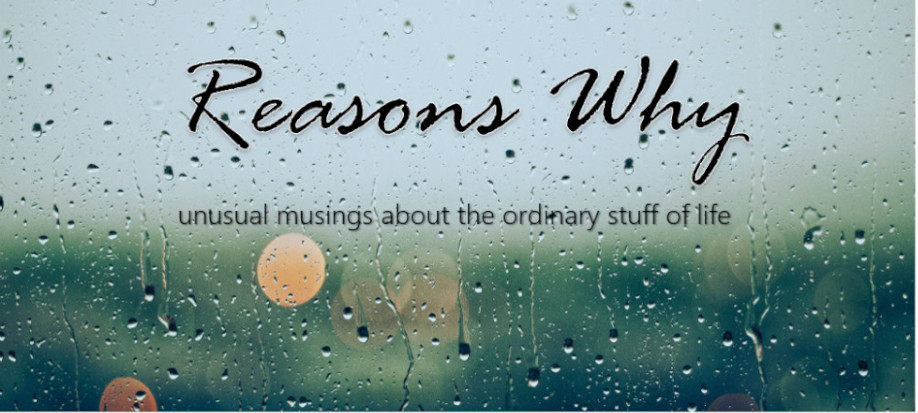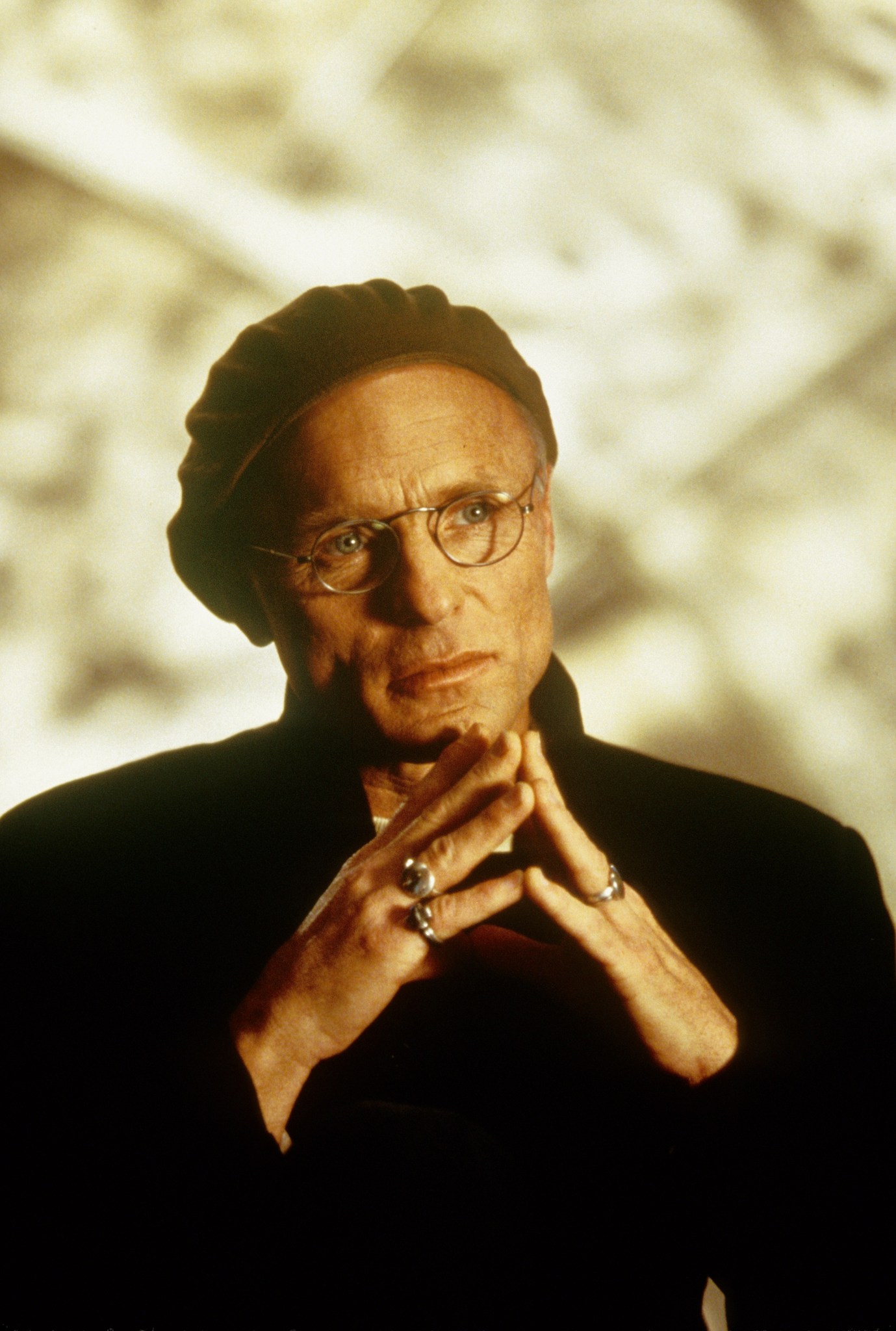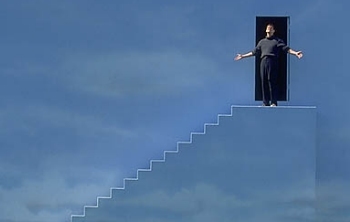The Road to Renewal (A Short Story)
Stanford Palmer clung to his title as Department Head of Chemical Engineering almost as tightly as he clung to the handle of his briefcase as he trudged towards the laboratory. It was past midnight, and after a draining workday, the professor readied himself for an equally tiresome night.
Between a failing marriage and an accumulating debt, Stanford’s life was deteriorating like a baby tooth in a cola bottle at a middle school science fair. His career was the one aspect of his life he could control, so when the SunWay Transit Company offered to sponsor the university’s research project— replacing asphalt roadway surfaces with structurally-sound solar panels— Stanford seized the opportunity to chair the undertaking.
Thus Stanford found himself at the university in a caffeine-induced delirium, in the early hours of a Saturday morning, working on a funding renewal proposal that was due the following Monday.
“Professor Palmer?” A voice disrupted Stanford’s directionless thoughts. Michael Walter, one of the custodians, had made his way tentatively through the lab’s half-open door. He held a thermos of coffee in one hand and a pushbroom in the other.
“Sorry to bother ya,” Michael apologized. “Didn’t expect to see anyone on a weekend night shift.”
“No worries. My door’s always open.”
“Seems as such. I reckon you’re clocking more hours here than at your own house.”
“I guess I prefer it that way.” The professor laughed through a stifled yawn.
“Do ya now?” Michael started sweeping the floor. “Why’s that?”
Stanford looked into the lens of his microscope and turned the dials aimlessly, searching more for the right words than for a clear image. “I’ve just been having a rough go lately.”
“Sorry to hear that.”
The room quieted into a consolatory silence before Stanford spoke up again. “It’s like this,” he said, reaching for a microscope slide from a wooden box on his desk. He fastened the slide to the microscope, adjusted a few dials, and turned the eyepiece towards the custodian. Michael peered into the tiny lens. Inside were hundreds of long, asymmetrical beehive-like contours.
“Onion skin cells.” The custodian classified the image with conviction. “I ain’t no professor but I’ve sat through my share of high school science classes.”
“To the naked eye, onions are these perfect vegetables that—”
“— make everything taste better?”
“Exactly,” the professor nodded. “But magnify them, and they’re composed of millions of lonely epidermal cells, isolated from each other by rigid cellulose walls that—.”
“I ain’t a chemistry professor, remember?”
“Sorry,” Stanford chuckled. “I guess what I’m saying is this: I have a professional career, a beautiful wife, a comfortable home. To the naked eye, my life looks perfect.”
“But you’ve got walls, eh?”
“I’ve got walls.”
The lab fell into another heavy silence, penetrated only by the artificial buzz of fluorescent lights.
“So what’s got you workin’ on a Saturday morning?” Michael eventually asked.
“We’re designing renewable energy roadways out of solar panels.”
“That’s one way to make a name for yourself.”
“Yeah,” Stanford sighed. “But I think it’s one of my walls.”
“Oh?”
“It’s cut me off from my wife, my hobbies, everything. My entire life feels fenced in by this hopeless project.”
“Hopeless?”
“The panels’ silicon surfaces don’t provide enough traction for them to double as functioning roads.”
“I don’t follow.”
“Driving on solar panels would be like driving on black ice,” Stanford explained, adding, “without winter tires.”
“Not ideal.”
“Not at all.”
“Well, I can’t help much. Like I said, I’m not a—”
“Not a chemistry professor, I know.” Stanford laughed.
“But at least let me give you this.” Michael handed him his thermos. Before Stanford could object, Michael added, “don’t worry, I haven’t drunk anything yet. Besides, you need it more than I do.”
“Thank you. That’s very kind.”
“Anyway, I’ll let you get back to it. I’ve got a long walk home so I best be heading out.” Michael started towards the door, but before he reached it, he turned back. “Professor?”
“Hmm?”
“If I remember correctly, cell walls are semipermeable.”
With that, Michael slipped out the door. His footsteps faded into the empty hall.
Stanford opened Michael’s thermos and imbibed its sweet-smelling steam. Its warmth awoke something inside him. For the first time in his life, Stanford could breathe freely; so freely that he left the laboratory and its lingering spirits of formaldehyde and ether for good.
“Michael?” he called, walking swiftly through the halls to catch up. “I’m heading home. Why don’t I give you a ride?”






